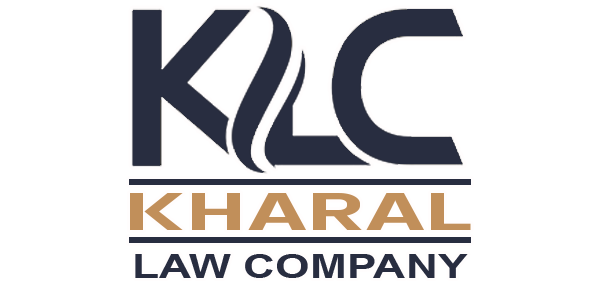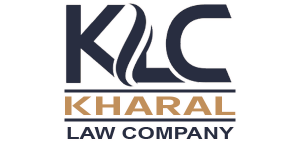Effective due diligence is a crucial process that contributes to good business decisions and helps to reduce risks. It’s a complicated and time-consuming process, especially when it involves complex transactions. A bad experience could result in significant financial losses. JPMorgan Chase’s $175m acquisition of student loan startup Frank is a great example.
Whether assessing a new client or a third party service provider, effective due diligence requires a thorough level of data gathering that goes beyond standard compliance checks. It begins with a thorough risk assessment, probing factors like location, geographic area and industry sector. It also involves background checks, including ownership structures and legal histories. It also involves evaluating the compliance of the third party with regulatory requirements and anti-money laundering guidelines.
The more a business focuses on tasks that require judgment within its due diligence program and the more likely it is to be able to hone that ability. It is crucial to automate routine data collection so that businesses can concentrate on these judicious tasks.
Due diligence tools can help streamline the process and help businesses save time and money while still ensuring all checks are completed. The best tools allow for seamless sharing, tracking and collaboration between stakeholders and teams. They also offer features such as version control, security settings and audit trails. They also offer secure storage facilities to organize and store and access due diligence documents. This enables an improved and more efficient workflow across multiple jurisdictions.


